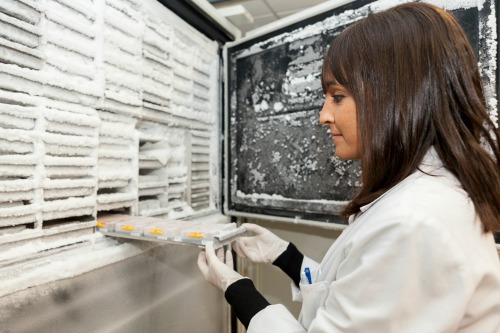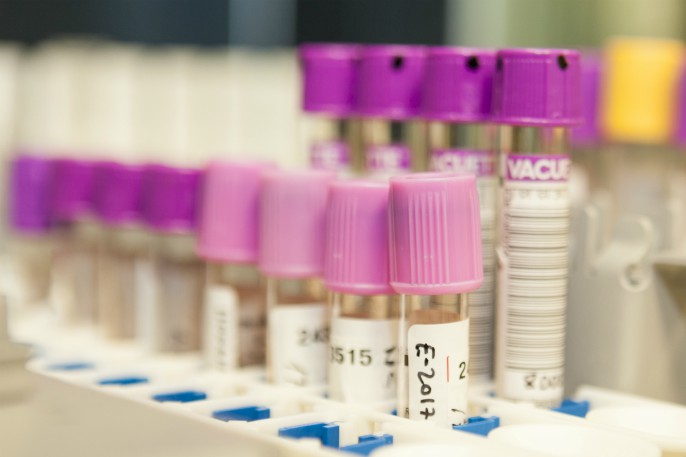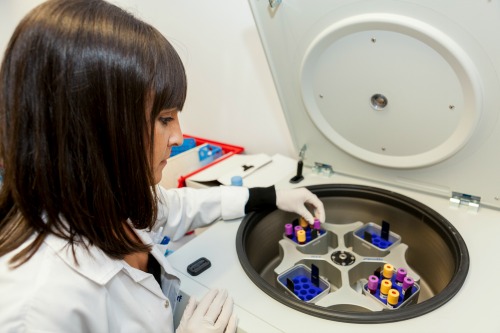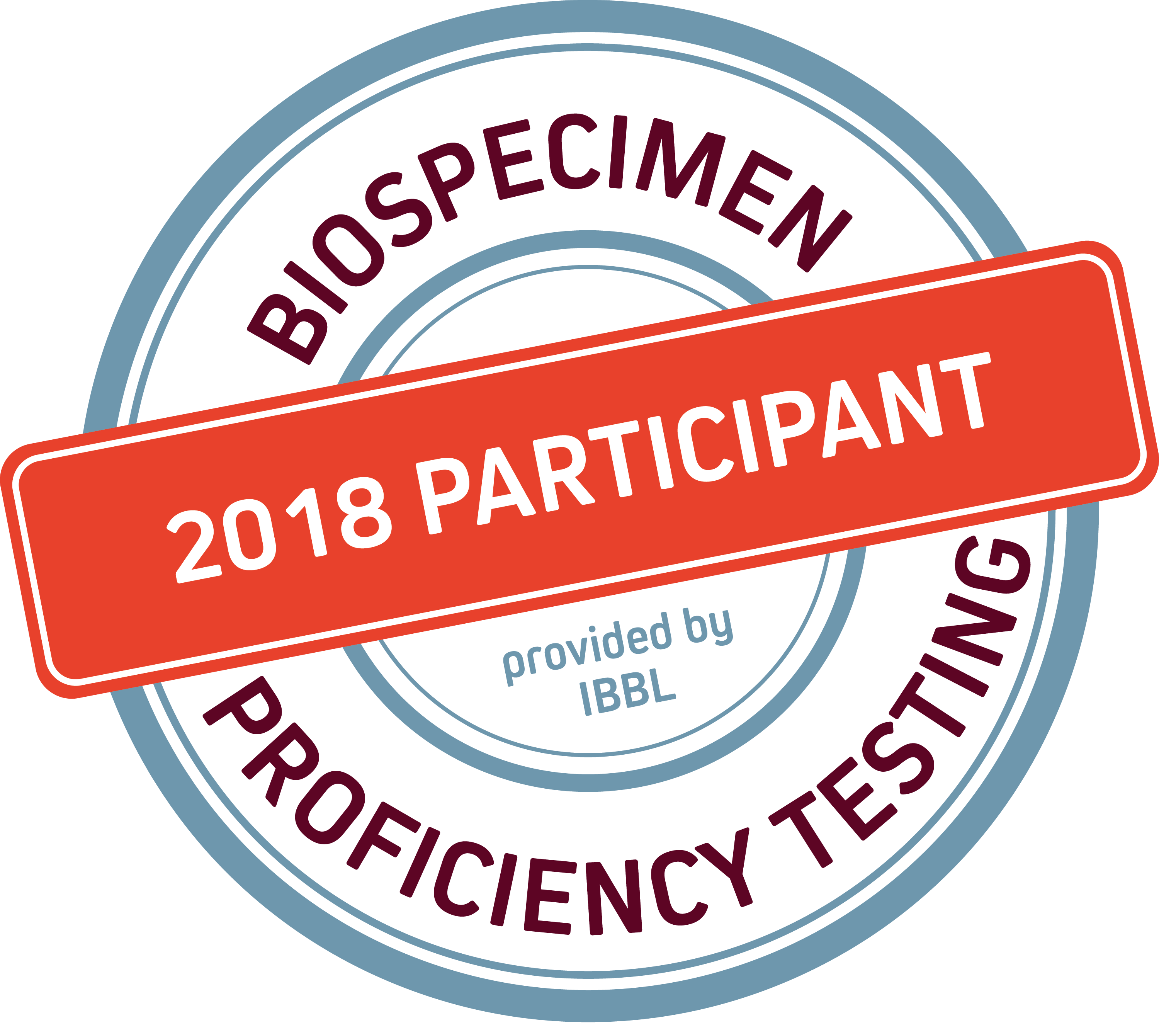Biobank IGTP-HUGTP
Currently, the Biobank provides to the scientific community:
- Various types of human and animal samples (blood derivatives, DNA, RNA and a great range of tissues) corresponding to various types of samples classified according to pathology or population group (controls).
- Technical services and sample processing
Sample collections
- Cancers
- Infectious diseases (COVID19, VIH, tuberculosis)
- Neurological and neurodegenerative conditions (amyotrophic lateral sclerosis, multiple sclerosis, ataxiae)
- Respiratory diseases (asthma, OSAs, COPD, bronchiectasis, influenza A)
- Non-alcoholic fatty liver disease (NAFLD)
- Cardiovascular (peripheral arterial disease, heart failure)
- Rare diseases
- Skin conditions (psoriasis)
- Digestive diseases (Crohn's disease, colitis)
- Diabetes
- Mineral metabolism abnormalities in patients who had a renal transplant at Catalonia
- Renal transplant
- Paediatric (autism spectrum disorder, diabetes)
- Obesity
- Cholelithiasis
- Addictions (use of toxic substances, alcohol)
- Non-alcoholic fatty liver disease (NAFLD)
- Control population (healthy individuals)
- Animal samples
Technical services
The Biobank, in addition to providing samples for biomedical research, is a scientific-technical platform where you can request services related to the collection, handling and processing of biological samples.
- Pooling of collected samples and existing resources
- Coordination across several sites and biobanks at national and international level for the harmonization of procedures and sample collection
- Sample storage at various conditions and modalities: Room temperature, +4 ºC, -20 ºC, -80 ºC and -196 ºC
- Nucleic acid extraction (DNA and RNA) from various types of samples
- Whole blood, plasma (cfDNA)
- Saliva
- Tissues
- Faeces
- Other biological fluids (e.g., cell cultures, amniotic fluid, cerebrospinal fluid, urine)
- Quality control for DNA and RNA
- Collection and fractionation of serum, plasma and cells from whole blood
- Collection and fractionation of urine, stools, breast milk, faeces, saliva and umbilical cord blood
- Separation and storage of peripheral blood mononuclear cells (PBMCs)
- Processing of solid samples:
- Direct freezing of tissues
- Freezing with OCT
- Formalin fixation and paraffin embedding (FFPE)
- Preparation of tissue matrices (TMAs)
- Sectioning of slices at the cryostat, paraffin slices and preparation of slides for future staining
- Tissue staining
- Assessment of traceability using STRs (for blood samples, DNA, cell lines and saliva samples)





